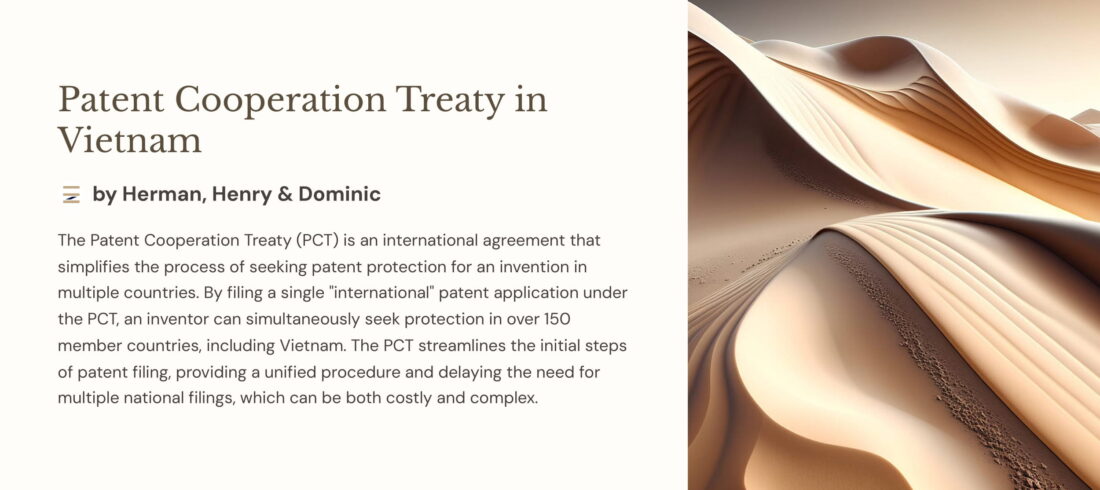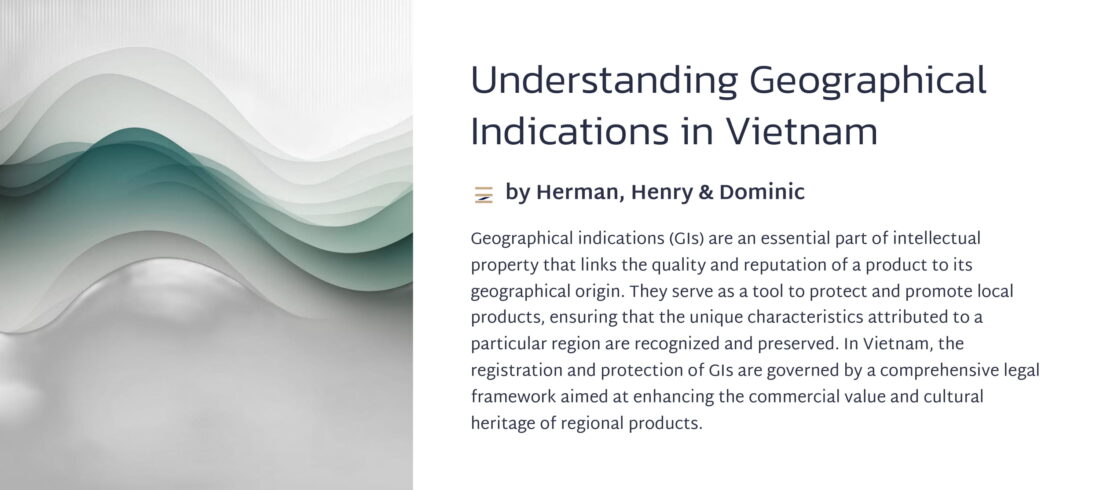Debt collection can be a daunting task for any business, especially in a foreign country like Vietnam. Whether it’s due to unpaid invoices, unpaid loans, or other forms of debt, the process of claiming debt can be challenging and time-consuming. However, with the right legal procedures and debt recovery strategies, it’s possible to successfully recover the money owed to your business. In this guide, we will explore the steps to claim debt in Vietnam and provide tips on how to navigate the debt resolution process.
Section 1: Understanding Debt Collection Laws in Vietnam
The first step in claiming debt in Vietnam is to understand the legal framework that governs debt collection. In Vietnam, debt collection is governed by the Civil Code, the Civil Procedure Code, and other relevant laws and regulations. These laws outline the legal procedures and guidelines for debt collection, which include:
1.1. Filing a Lawsuit: The first step in claiming debt in Vietnam is to file a lawsuit with the appropriate court. The court will review the case and issue a judgment based on the evidence presented. It’s important to note that the legal process can be time-consuming and expensive.
1.2. Negotiation: Before resorting to legal action, it’s often advisable to try and negotiate with the debtor. This can involve sending reminders, making phone calls, or sending demand letters. Negotiation can often result in a faster and less costly debt recovery process.
1.3. Mediation: In Vietnam, mediation is a common alternative to filing a lawsuit. Mediation involves a neutral third party who helps the two parties negotiate and come to a resolution.
Section 2: Debt Collection Strategies in Vietnam
Once you understand the legal framework for debt collection in Vietnam, the next step is to develop a debt recovery strategy. Here are some debt collection strategies that can be effective in Vietnam:
2.1. Offer Settlements: In some cases, it may be more beneficial to offer the debtor a settlement. This can involve reducing the total amount owed, extending the payment deadline, or offering a payment plan.
2.2. Use Local Legal Counsel: It’s important to have a local lawyer who understands the legal system and can help you send demand letters, offer a settlement, or represent you in court. They can help you navigate the legal process and ensure that your case is presented effectively.
Section 3: Tips for Claiming Debt in Vietnam
Here are some tips for successfully claiming debt in Vietnam:
3.1. Keep Accurate Records: It’s important to keep accurate records of all transactions and communications with the debtor. This includes invoices, contracts, and other relevant documents.
3.2. Act Promptly: Time is of the essence in debt recovery. It’s important to act promptly and pursue legal action as soon as possible.
3.3. Know the Debtor: It’s important to understand the financial situation of the debtor. This can help you develop an effective debt recovery strategy.
Conclusion:
Claiming debt in Vietnam can be a challenging process, but with the right legal procedures and debt recovery strategies, it’s possible to successfully recover the money owed to your business. By understanding the legal framework for debt collection, developing a debt recovery strategy, and following these tips, you can increase your chances of a successful debt recovery process. It’s also important to work with local legal counsel to increase your chances of a successful debt recovery. By taking these steps, you can minimize the financial impact of unpaid debts and ensure the financial stability of your business.







